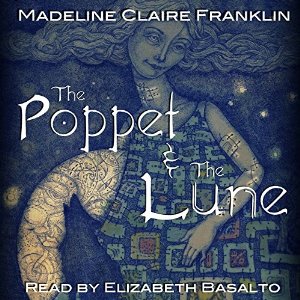I'm reading
this long piece on the Second World War. Somewhere around where the author lovingly describes the portrayal of the weather in the 1943 production of
Die Meistersinger von Nurnberg, Wagner's non-Viking opera, I started to suspect the essay has ranged far beyond the
Longform tagline that sold me ("An essay . . . on how and why we forget war"). Still, these war minutiae are so entertaining I don't really care where it's going.
It's certainly a piece that rewards patience. At one point author Lee Sandlin discusses Wagner's artistic intent for
Der Ring des Nibelungen and then goes on for 10,059 words about the Battle of Midway, military bureaucracy, Bob Dole, an allied campaign in Tuscany, the conditions of U.S. marines in Okinawa, and Hitler's love of architecture before swinging back to Wagner and contrasting his understanding of
Der Ring with Hitler's.
And when it came to Hitler's understanding of his favorite opera, especially in contrast to its creator's, I was struck by a most creepily unwelcome feeling:
Familiarity. I think his line of thinking would be familiar to anyone who's run around geek and fandom circles--you know the type, the person who disregards what a work is about to talk about its external trappings as though those are the point--and, far more troublingly, map those points to the real world.
( In which I discuss Hitler and other racists, in case the title didn't clue you in )The settings and cool powers of genre fiction are fascinating and seductive, I know. I've spent many an hour lost in the world of Middle-Earth and later
Harry Potter. In the end, though, the true power of these fantastical elements comes not from being cool and sparkly but from the resilience and morality of the stories they tell. Take away the struggles with power and loss from LotR and you're left with a silly elves-and-goblins story, one with
unfortunate racial implications at that. (Arguably Professor Tolkien brought the BNP's accolades on himself, at least in part.) Take out the struggle between good and evil from
Harry Potter and you have a bunch of kids waving wooden sticks around. The real magic in these stories is in the humanity of the tales told, not in the supernatural feats performed in the pages. Forget that and--well, it won't make you Hitler, at least in of itself. But you could be missing the depths of your favorite stories, and if there's one thing a dedicated fan can't stand it's missing out.
wrongquestions posted: It's Easy to Be a Saint in Paradise: Thoughts on The Good Place's Third Season (via
![]() thisweekmeta)
thisweekmeta)
 The Poppet and the Lune (2011) by Madeleine Claire Franklin is a novel in the style of a fairy tale, with fantastic elements like witches, werewolves, spells, and a girl created from dead body parts.
The Poppet and the Lune (2011) by Madeleine Claire Franklin is a novel in the style of a fairy tale, with fantastic elements like witches, werewolves, spells, and a girl created from dead body parts.





